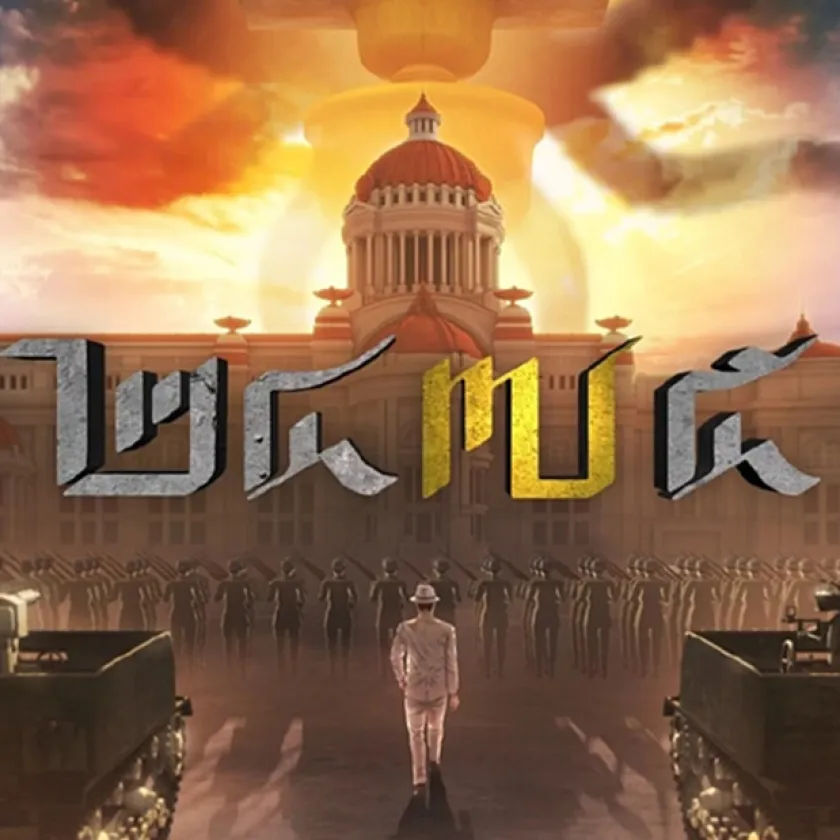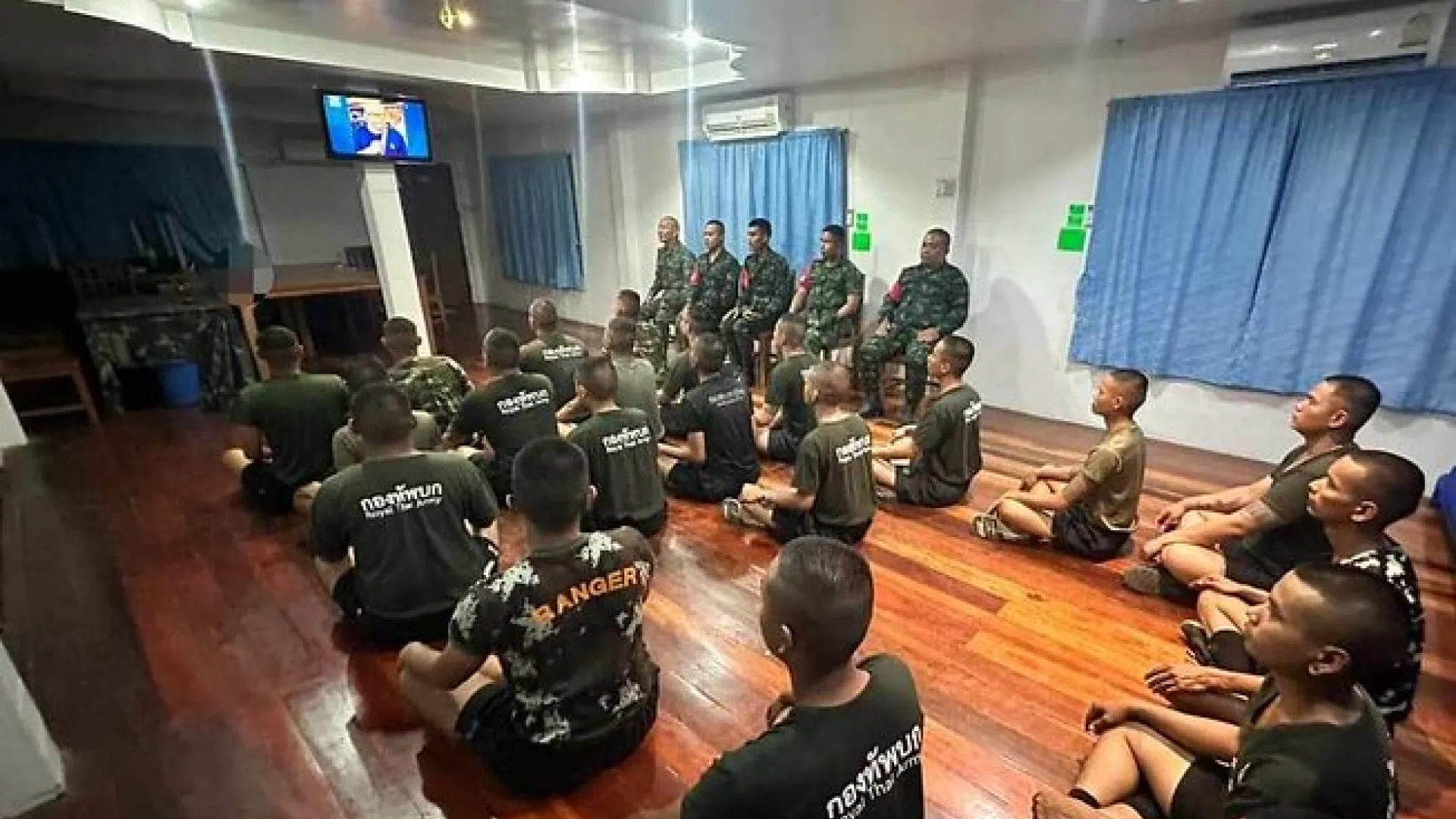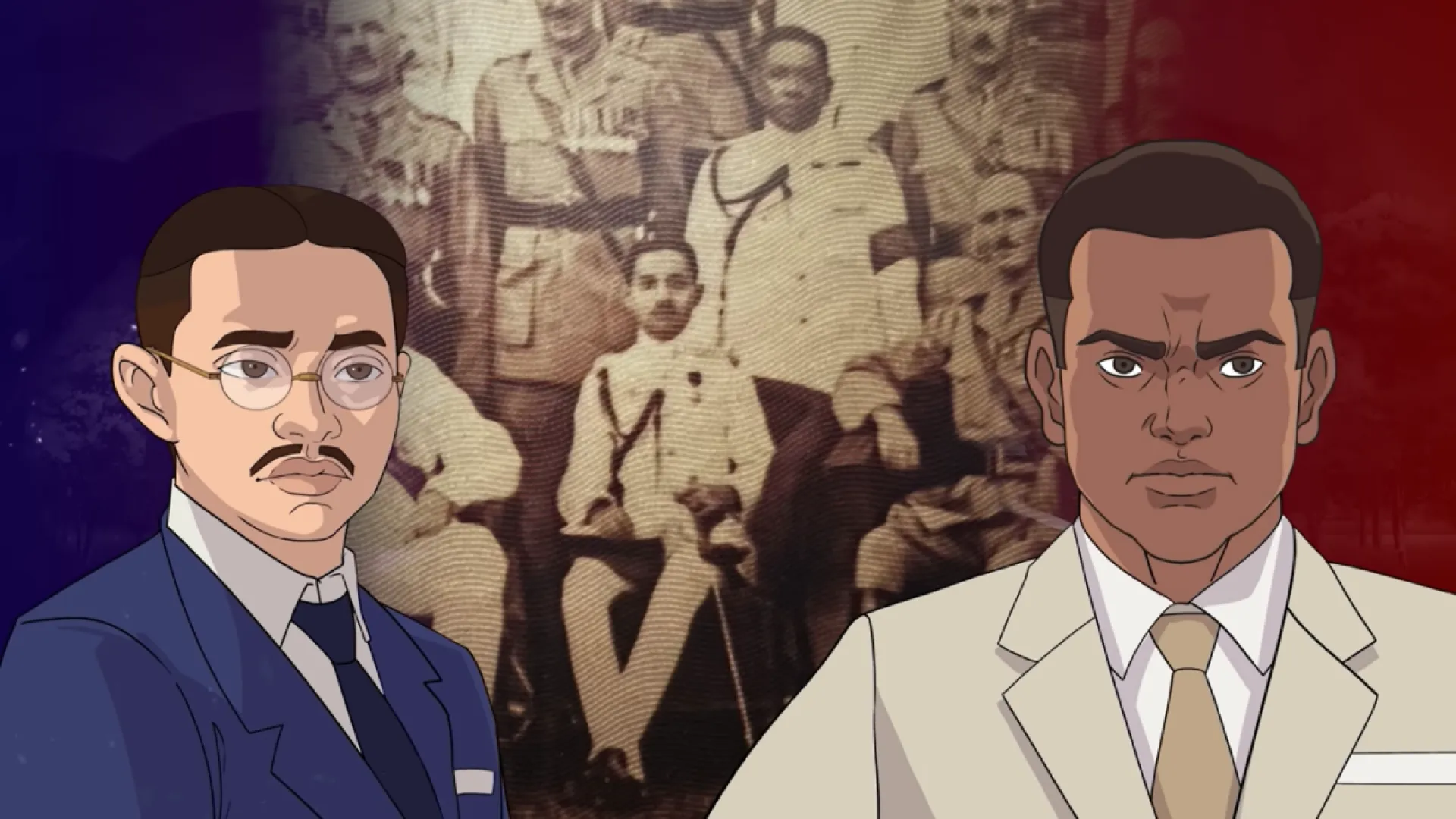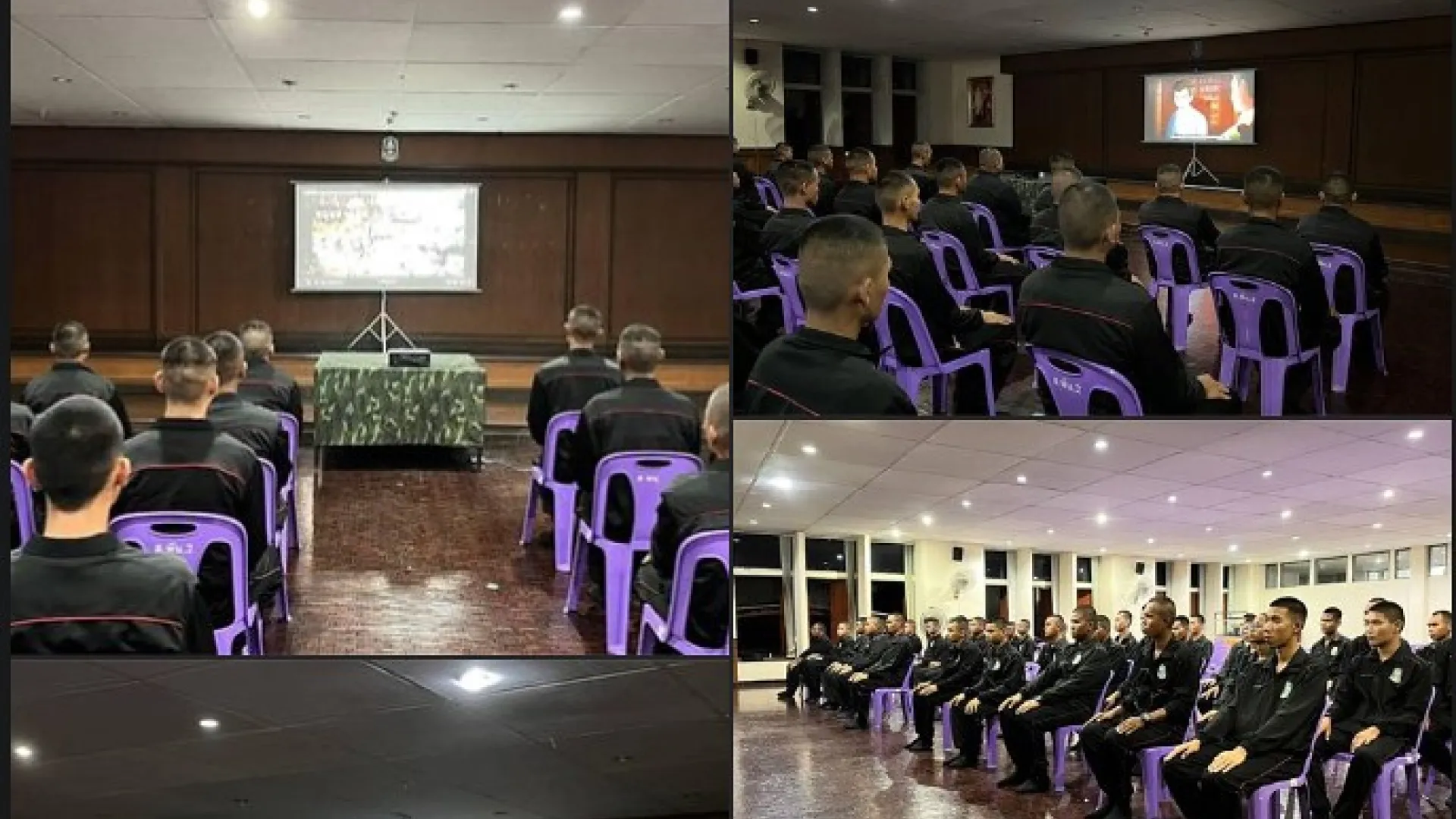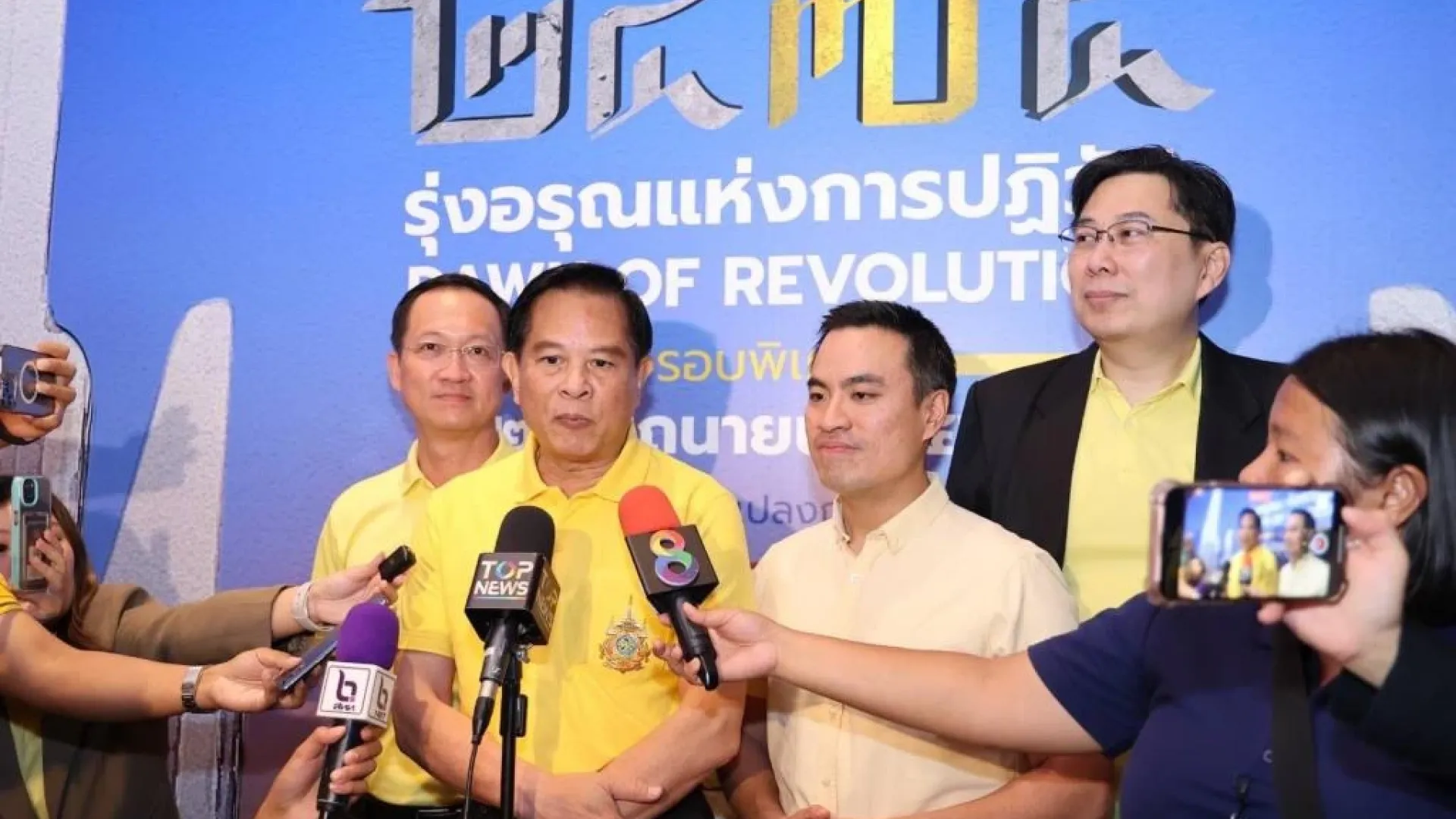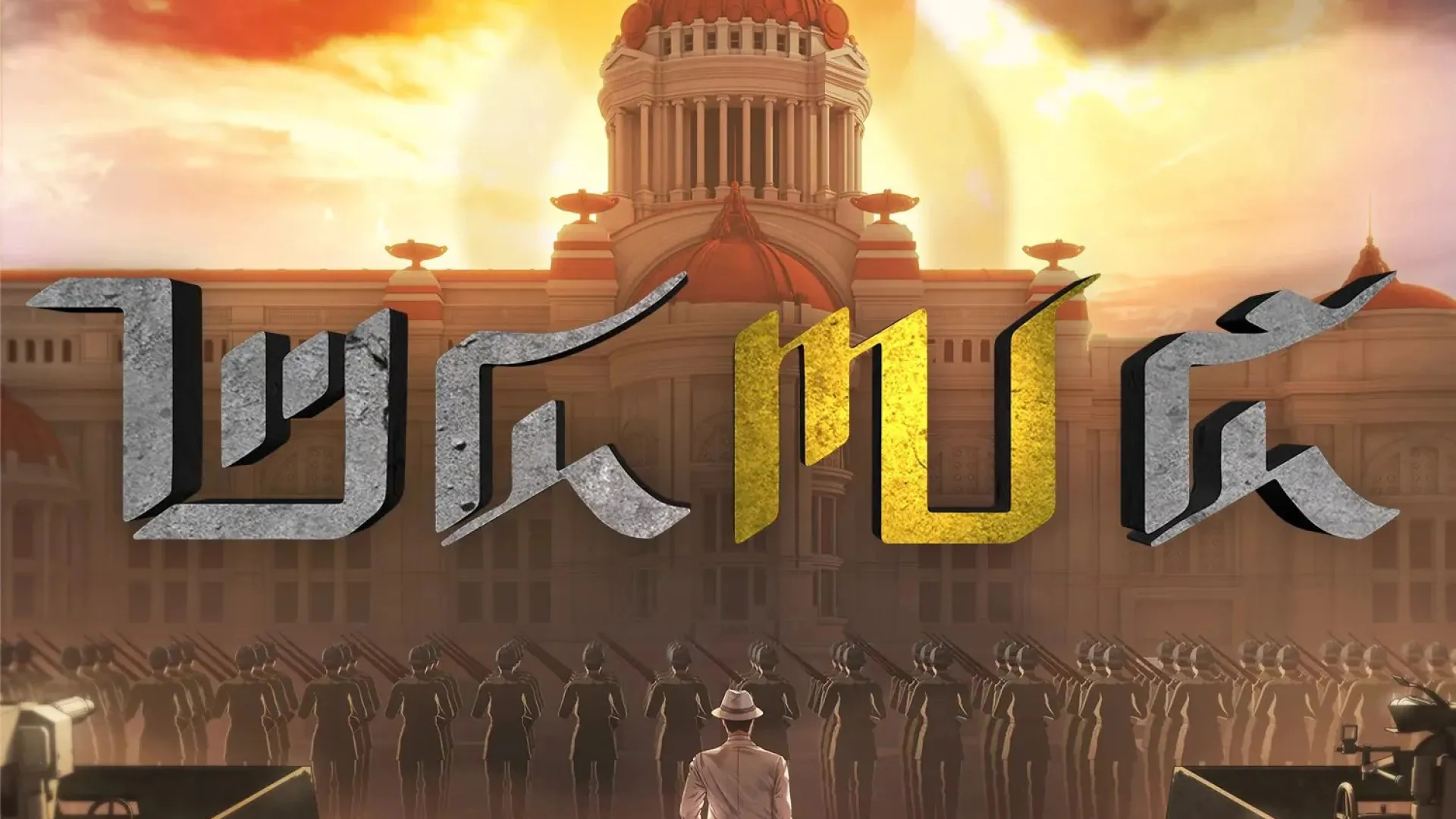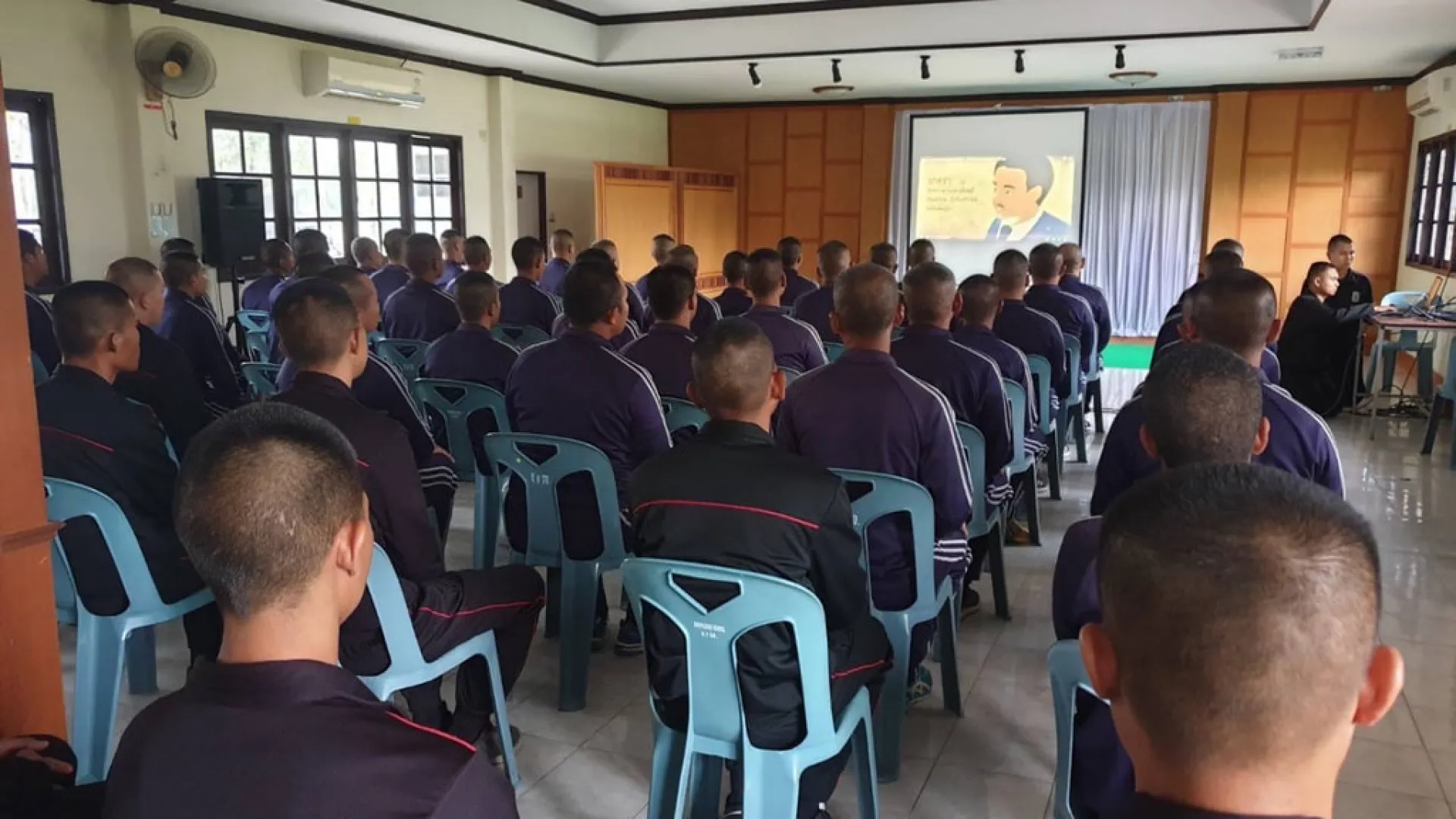After the Siamese Revolution of 1932 and the end of the People's Party's rule in 1947, there have been continuous efforts by the conservative or royalist factions to reclaim the historical narrative. These factions encouraged people to view the People's Party, which had led the revolution to change the country's system of governance, in a negative light. Various criticisms were promoted, including the idea that they had seized power from the king for their own gain, that the revolution was premature and occurred before the people were ready, and the perspective that King Rama VII had already intended to grant a constitution to the Siamese people, but this was interrupted by the coup. These narratives were embedded in numerous forms of media, aligning with efforts to erase symbols or legacies from the People's Party era, which has carried on to the present day. However, following the 2014 coup, as the new generation began to take an interest in the People's Party's role in transitioning the country towards democracy, these narratives were challenged by contemporary historians. These historians have worked to uncover facts and organize activities that significantly honor the People's Party's contributions.
Amidst the growing narratives challenging the royalist framework that had long dominated historical discourse, royalist factions have begun producing cultural works in response to efforts aimed at restoring a positive status for the 1932 People's Party. One such media piece is 2475 Dawn of Revolution, a two-hour animated historical drama film by Nakara Studio (directed by Wiwat Chirotkul, written by Pantha Sirikul, Wiwat Chirotkun, and Prat Samsee). This film is one of the most straightforward expressions of the royalist perspective on the People's Party in modern times. The film opens with a voice-over asking, "Why did Thailand's transition to democracy fail?" It then follows the story of three university students who meet at the Vajrayana Library to gather information for a report and encounter a librarian who narrates the "facts" surrounding the 1932 revolution in detail. The movie outlines the monarchy’s efforts to modernize the country through plans to grant a constitution and establish a parliament, beginning with King Rama V, and follows the group of foreign-educated students in France who laid the groundwork for the revolution in 1932. It also portrays the internal conflicts within the People's Party following the revolution. Throughout the film, historical narratives are interwoven with a tone and symbolism that cast Pridi Banomyong, one of the People's Party's leaders, in a negative light, suggesting he was behind an organization with malicious intentions.
The film emphasizes Pridi’s support for communism, the contradictions in the People's Party’s Six Principles, and King Rama VII's relinquishment of power to ensure the well-being of the people. The film premiered at Century Cinema, Sukhumvit, on March 9, 2024, and was released online via YouTube on March 13 of the same year (https://www.youtube.com/watch?v=rmNvPB6Jxzo). It featured voice acting by several renowned actors, including Chatchai Plengpanich, Sinjai Plengpanich, Jirawat Wachirasarunpat, Sumet Ong-Ard, and Kitti Cheawwongkul. In a promotional message from Nakara Studio, published on thaipost.net, the studio stated, "We present 2475 Dawn of Revolution, an animation we have put our hearts into creating, for everyone to watch. We hope this animation will ignite viewers' interest in exploring historical stories and serve as a foundation for further study and research."
